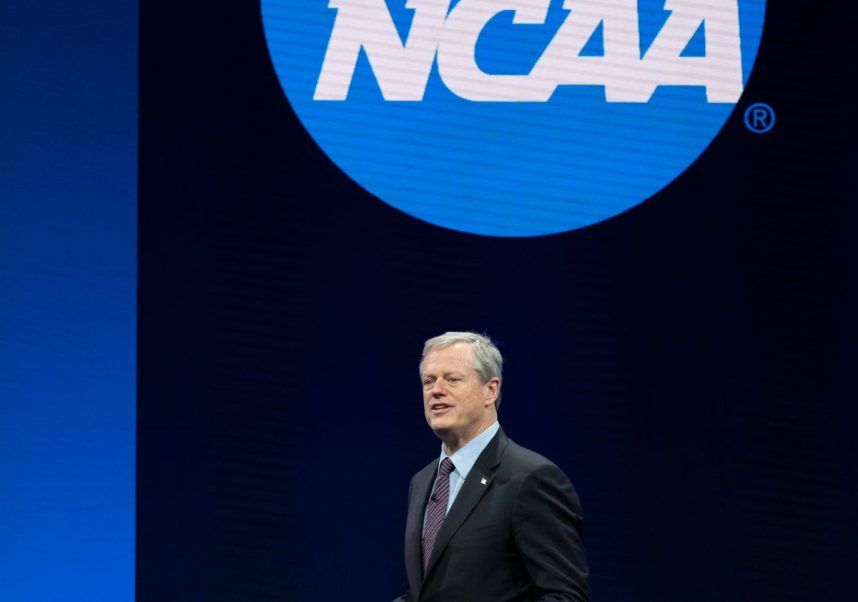Posted on: September 7, 2023, 04:33h.
Last updated on: September 7, 2023, 04:33h.
College athletes face criticism from bettors, with 72% of universities experiencing sports wagering issues involving athletes or staff in the past year, as per a recent NCAA survey.

University compliance officials reported similar percentages of athletes facing harassment from frustrated bettors. This issue may worsen as more states legalize sports betting.
Student-athletes are getting harassed by bettors, and billion-dollar ad campaigns are targeting young people across the country. We need all the help we can get, including from regulators and sportsbooks, to protect student-athletes and protect the integrity of the games,” said NCAA President Charlie Baker in a statement.
With the recent launch of sports betting in Kentucky, legal sports betting is now live in 35 states and Washington, DC. The NCAA and universities are likely to increase their attention to betting-related incidents, especially after recent scandals involving athletes at the University of Iowa and Iowa State University.
College Officials Emphasize the Need for More Education
The landmark 2018 Supreme Court ruling on the Professional and Amateur Sports Protection Act (PASPA) paved the way for state-level legalization of sports wagering, a taboo subject due to previous scandals and concerns about the vulnerability of college athletes.
While sports betting has brought more attention to college and professional sports and increased tax revenue in some states, there is evidence of harassing behavior towards college and pro athletes by losing bettors. Colleges and universities believe education is crucial in preventing these issues.
“Overall, the survey found that more than 95% of Division I schools and a majority of Division II and III schools provide some form of sports wagering education for athletes, coaches, and athletics administrators,” according to the NCAA survey.
In states where sports betting is permitted, college athletes of legal age can participate. However, recent scandals at the University of Iowa and Iowa State University highlight the need for education on rules regarding betting on their own schools and games in which they participate.
“Schools primarily focus on NCAA bylaws, sports wagering terminology, state/national laws, and rules related to providing inside information about their teams when providing sports wagering education,” added the NCAA.
NCAA Adapts to the New Betting Era
With sports betting now in the spotlight, the NCAA and universities face new challenges, including the perception that sportsbook operators target younger clients.
Colleges and the NCAA have options to address problem wagering and betting scandals related to athletes, but these may not be applicable to the broader student population.
“Another resource that many schools are using is integrity monitoring services. These services alert schools to suspicious betting activity on a particular contest that could potentially indicate integrity concerns,” concluded the NCAA. “Survey results indicated that one-third of autonomy schools are engaged with such service providers directly, and others across Division I are gaining access to such information through their conference office or the NCAA national office.”


